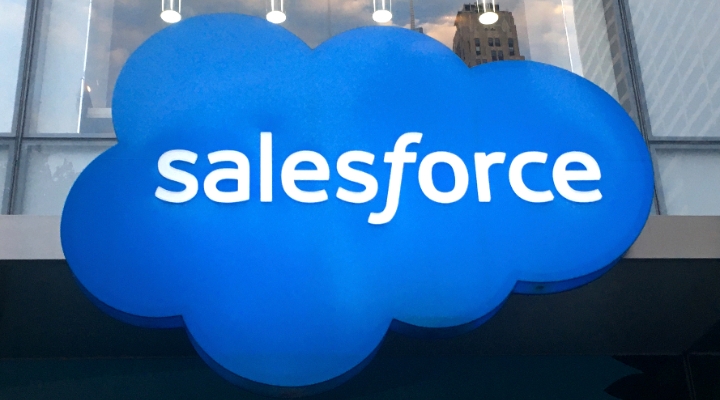
Facebook reported impressive first-quarter numbers as both the top and bottom lines – excluding a fine possibly imposed by the Federal Trade Commission – beat our internal projections and consensus. Advertising revenue remained strong in all regions, driven by user growth and number of ads sold. Demand for ads within stories continued to increase, although those ads were sold at lower prices.
Management did not change its 2019 outlook. After adjusting our projections slightly higher given the strong first quarter, we upped our fair value estimate by 5% to $200 per share. The stock has climbed 39% year to date and is now trading in 3-star territory. We recommend waiting for a pullback before investing.
We do not expect significant ad price recovery as additional restrictions on data usage may reduce the effectiveness. However, we expect the higher inventory sold to offset the impact of lower prices on overall ad revenue. Plus, growth in Facebook’s audience should continue to attract advertisers. In our view, Facebook’s user and ad revenue growth continues to display the firm’s network effect moat source and support our wide moat rating, which means that it has a strong competitive advantage.
Total revenue of $15.1 billion was up 26% year on year. Revenue from advertising remained strong, also growing 26% from the prior year to $15 billion as the company sold 32% more ads. The increase in ads sold was accompanied by a 4% decline in prices as more of the new ads sold were cheaper stories ads. We think that over time, as ad measurement for stories ads improves, demonstrating attractive returns on investment, advertisers could pay slightly more. An 8% growth in overall monthly active users (MAUs), with 1% growth in US and Canada, 2% in Europe, and 12% in Asia, also contributed to revenue growth. As changes in daily average users were similar to MAUs in the quarter, overall user engagement stayed around 66%, which we view as positive.
FTC Charge Could Top $3 Billion
Operating margin dipped to 22%, as Facebook is expecting to be charged at least $3 billion by the Federal Trade Commission for possible violations of data privacy. Excluding that charge, Facebook’s operating margin of 42% came in significantly higher than what the Street had expected but was still below last year’s 45.5% as the firm continues to increase its spending on product development, data security, and content management. However, it appears that those investments may be a bit lower than we had initially projected.
In our view, Facebook’s decision to recognise potential data privacy charges from the FTC indicates the company is expecting further limitations on data usage. If that’s the case, then the effectiveness of ads placed on Facebook’s platform may decline, reducing ad ROIs and possibly putting pressure on ad prices. However, we remain confident that demand for Facebook ads will continue to grow due to the wide audience of nearly 2.4 billion users that Facebook provides and the ongoing growth in Instagram feed ad inventory. Plus, we expect Facebook’s overall ad inventory or ad impressions sold to increase as advertisers begin to further target users of Facebook and/or Instagram stories and viewers of IGTV and Watch.
In the meantime, Facebook is investing in creating a more private platform, which in our view basically means it will be working to rebuild user trust. The firm will also focus more on expanding its marketplace from which e-commerce and payments revenue may help diversify its overall revenue base a bit. Additional commerce features such as Instagram Checkout could generate revenue not only from transactions but also from more ads. We do not expect this revenue to be material and project advertising to still represent over 99% of Facebook’s total sales during the next five years.






























